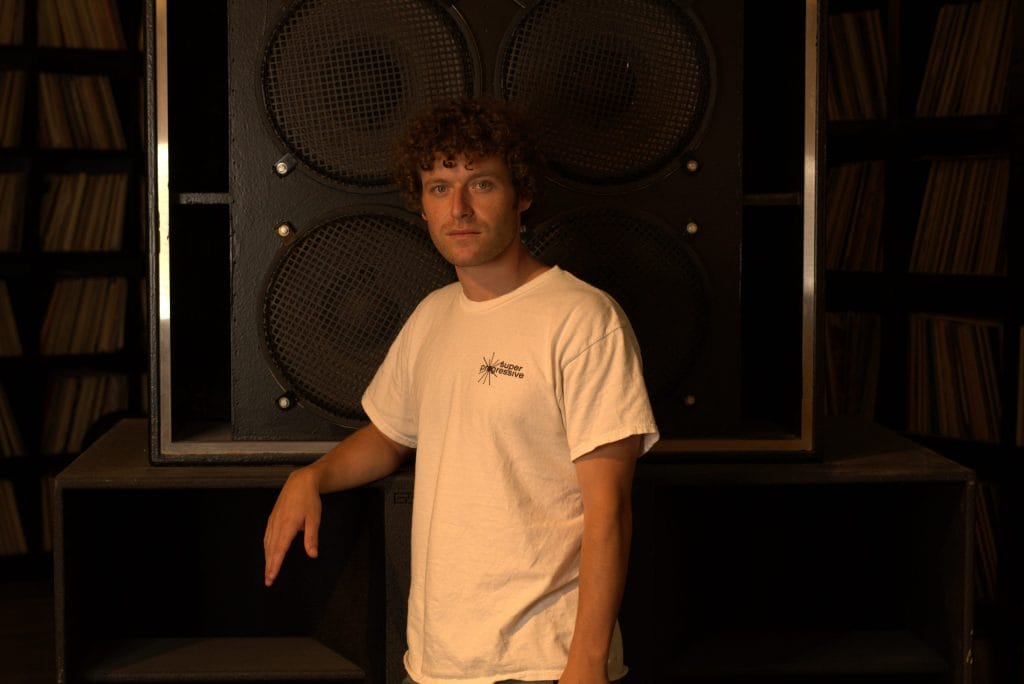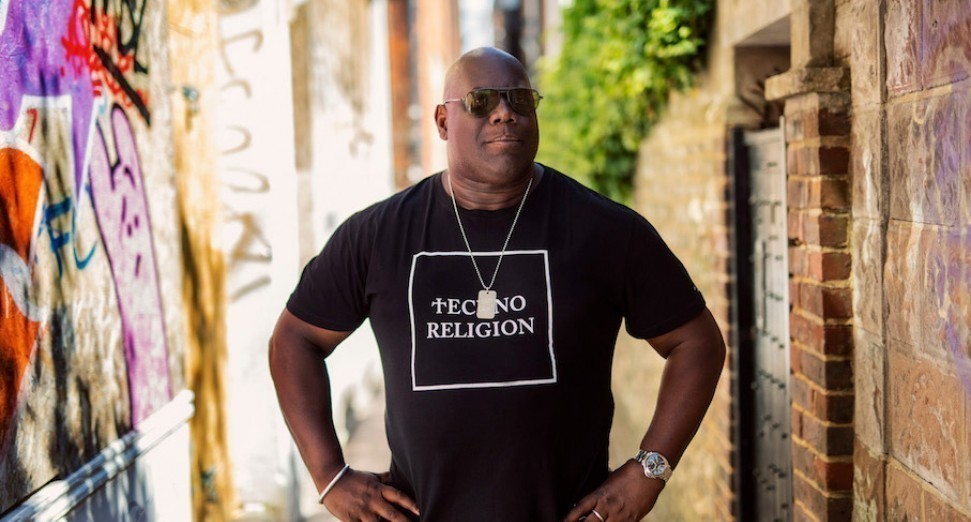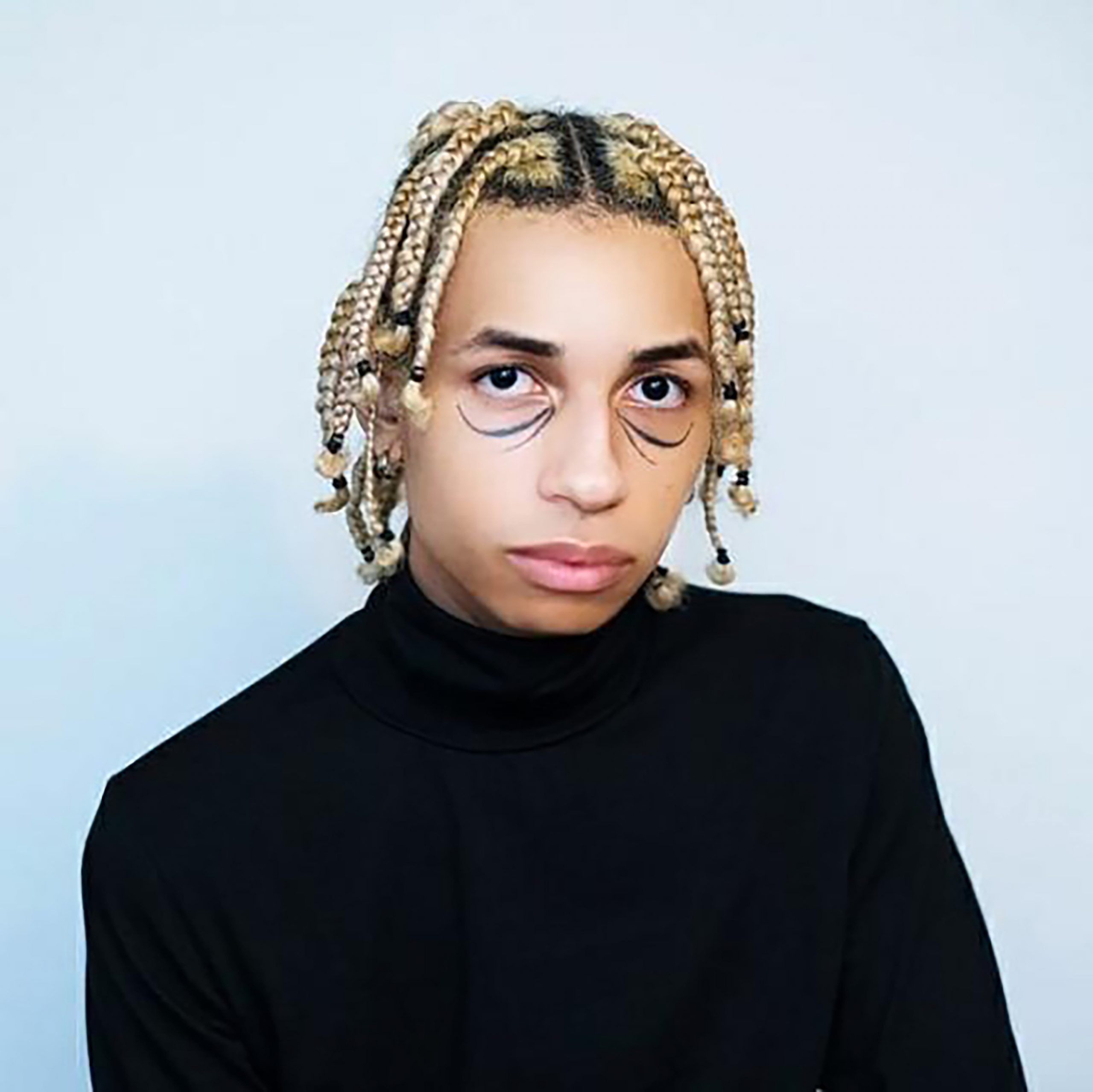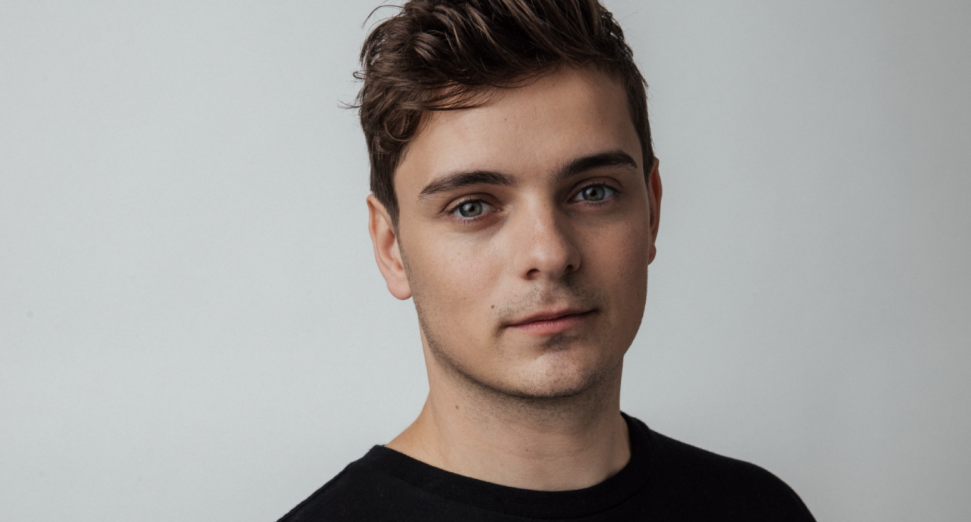
Magnetic Mix 259: William Noglows aka Super Progressive
William Noglows approaches progressive house less as a genre and more as a way of thinking about how music can move — gradually, cohesively, and with intention. Through his Super Progressive platform, he’s been quietly mapping the links between the scene’s long-standing icons and a newer generation of producers and DJs.
In this mix and interview, he reflects on what progressive means in 2025, the camaraderie that defines the scene, and the subtle shifts in how people are discovering the music.
His Magnetic Mix takes cues from a recent warm-up set for Anthony Pappa, starting in restrained, textured territory before opening out in the second half. There are nods to familiar names, but plenty of space for lesser-known voices too — including Kabi, who Noglows highlights as a rising talent worth paying attention to.
You’ve talked a lot about progressive house as a mindset rather than just a sound. What does that mean to you right now, in 2025?
To me, it means that a progressive house set doesn’t only have to have progressive house tracks. Progressive really means telling a story, and you can tell the most interesting story, filled with highs and lows, by playing tracks that sound different but are thematically connected. DJs like Danny Tenaglia, Danny Howells, and Dave Seaman may only play a few ‘progressive house’ tracks in their sets, but their sets in total are 100% progressive. And then DJs like Hernan Cattaneo and Nick Warren have mastered finding tracks with progressive elements in them regardless of genre. So right now in 2025, it means that you can go through your promos and go on Beatport, and don’t have to search for ‘progressive house’ tracks to make a progressive set.
From Oakenfold to Mike Rish, your guests span generations of the scene. Are there any connections between the old guard and the new wave that have surprised you?
When it comes to the Progressive scene, there’s always been an element of commeradiery and respect between the artists. If you look at the old guard, obviously Hernan Cattaneo, Nick Warren, John Digweed, Sasha, Danny Tenaglia, Dave Seaman, Danny Howells, Anthony Pappa… all the legends have tons of respect for each other and even DJ together. That’s how its always been. And I see that in the new generation too. The artists on Meanwhile and Vapour for example, Kasey Taylor GMJ, Matter, Mike Rish, Zankee Gulati, Karl Pilbrow, they are all mates, and more so than comete with each other, they bring out the best in each other. Same thing goes for the Sudbeat crew with Graziano Raffa, John Cosani, Nicolas Rada, Marcelo Vasami, Mike Griego, Paul Deep, Kevin Di Serna, and so many more, they all support each other, it’s more a crew mentality than a competitive mentality, at least from my perspective. But what surprises me most is the respect between the different generations. Obviously, the young talent is going to respect the Old Guard, but the amazing thing for me is how that respect goes both ways, and luckily for our scene, the legends, especially John Digweed, Hernan Cattaneo, and Nick Warren, speak very highly and have a lot of respect for the younger producers and DJs, and do their best to promote the next generation of talent, at least in my opinion.
Progressive can sometimes feel like the underground’s best-kept secret. Why do you think it’s still so enduring — and so often misunderstood?
I think it’s enduring because there is a musicality to the music that makes it quite difficult to produce, so the only people that get really into it are the one’s interested in creating quality music, so I think that’s why the quality has always been there. It’s not the most commercially viable genre, so mainly the people dedicated to this scene are doing it out of passion. Some of the top producers in our scene still hold down day jobs. Again, it just shows how passionate these artists are about the music. I think it’s misunderstood because the term ‘progressive house’ means different things to different generations of clubbers, and its definition changes depending where you are in the world. I remember when I was growing up, the Progressive House Beatport charts were filled with EDM tracks. So I think the way it’s been marketed over the years has made its definition confusing.
The scene’s changed a lot since the podcast launched during lockdown. What’s one shift you’ve noticed in how people discover and connect with this music today?
I think everyone has valued in-person interaction a lot more, and that doesn’t just mean going to events. One thing I’ve noticed is how approachable the DJs are in this scene. It doesn’t matter whether you’re a legend or an ascending talent. Most DJs will stay after the gig, sign their albums, take photos, but really just have a chat. And I think that’s something really special about the progressive scene. It’s unbelievable how friendly the DJs are. I specifically think of Hernan Cattaneo. He not only speaks with but remembers the names of most clubbers on the dancefloor. It’s inspiring, and it was the thing that got me hooked on this music when I first started Super Progressive. I loved the older mix compilations I would just be discovering, and the DJs were happy to chat about them and share the stories behind them.
What’s the most memorable moment you’ve had behind the decks so far — not the biggest crowd necessarily, but the one that really stayed with you?
At the most recent Super Progressive gig, I played the opening set before passing off to Lloyd Barwood, my events partner, good mate, and ascending talent in his own right, and at the end of his set, he invited me to come back on to play one last track before handing off to Quivver. I played Stereo Underground and D-Nox’s ‘Space Fly’ which is a remake of Space – Magic Fly from 1977. I looked up and the whole dancefloor was going crazy, and even Quivver was nodding his head, so that was super sick. Another memory is pretty funny. I was the first opening DJ up at Skyline, my set was from noon to 1PM, so when I got there, no one had arrived yet on the dancefloor. Anthony Pappa was the headliner later in the night. So I start playing my first track, and I look up, and Anthony Pappa is dancing right there on the dancloor with his family. That was a really cool moment and it was really cool for him to support me when he totally didn’t have to.
There’s always talk about genres bleeding into each other — melodic techno, deep house, trance… Where do you draw the line, or do you even bother?
I don’t think there’s really a point of drawing a hard line. I think what truly makes a track progressive is that if it begins in one place and ends in another. Almost like there’s progression within the track itself. if a track is predictable with a cookie-cutter formula, is it really progressive? So I think I value that more so than the actual genre. At the end of the day, a good track is a good track. That’s what matters most.
Tell us about the mix you’ve put together for us – any tracks in particular you’d like to highlight?
I named Kabi the Super Progressive Rising Star of 2024, and I think his track ‘OM’ really stands out in this mix. It’s the second track, and what I like most about it is it fits well in both a warmup set and a peaktime set. It’s got an incredible groove to it, and that always works on a dancefloor.
The mix itself is inspired by my recent opening set for Anthony Pappa. It’s always an honor to warmup the room for a legend in our scene. The first half of the mix are some tracks I played during my warm up set, and then I kind of let it loose in the second half of the mix.
Progressive house is often described as a “journey” — but not every dancefloor has the patience for that these days. How do you balance the long game with the instant-gratification crowd?
It’s a good question. You always want to play tracks the dancefloor is going to enjoy, that’s the whole point of it. I try to incorporate a lot of melodies into my sets. I tend not to tend into anything super deep. A lot of that is because I’m usually playing opening sets, and the whole point of that is to get the dancefloor in the mood for the rest of the evening. I think the great thing about a progressive event is that it is generally pretty chilled out and everyone is there to have a good time. I think that vibe is complimented by a journey-like set. So it kind of works itself out.
If someone brand new asked you to explain progressive house using just one track, what would you play them — and why?
Oh my god so many options. For me, it would actually be Nocturnal Transmission by BT off of his debut IMA album. It is trancey in its sound but it truly progresses, and there is the final 2-minute outro groove which is totally different than the rest of the track, but that is what progressive is all about. The track also has an incredible atmosphere. SO that would be my choice, check it out!



